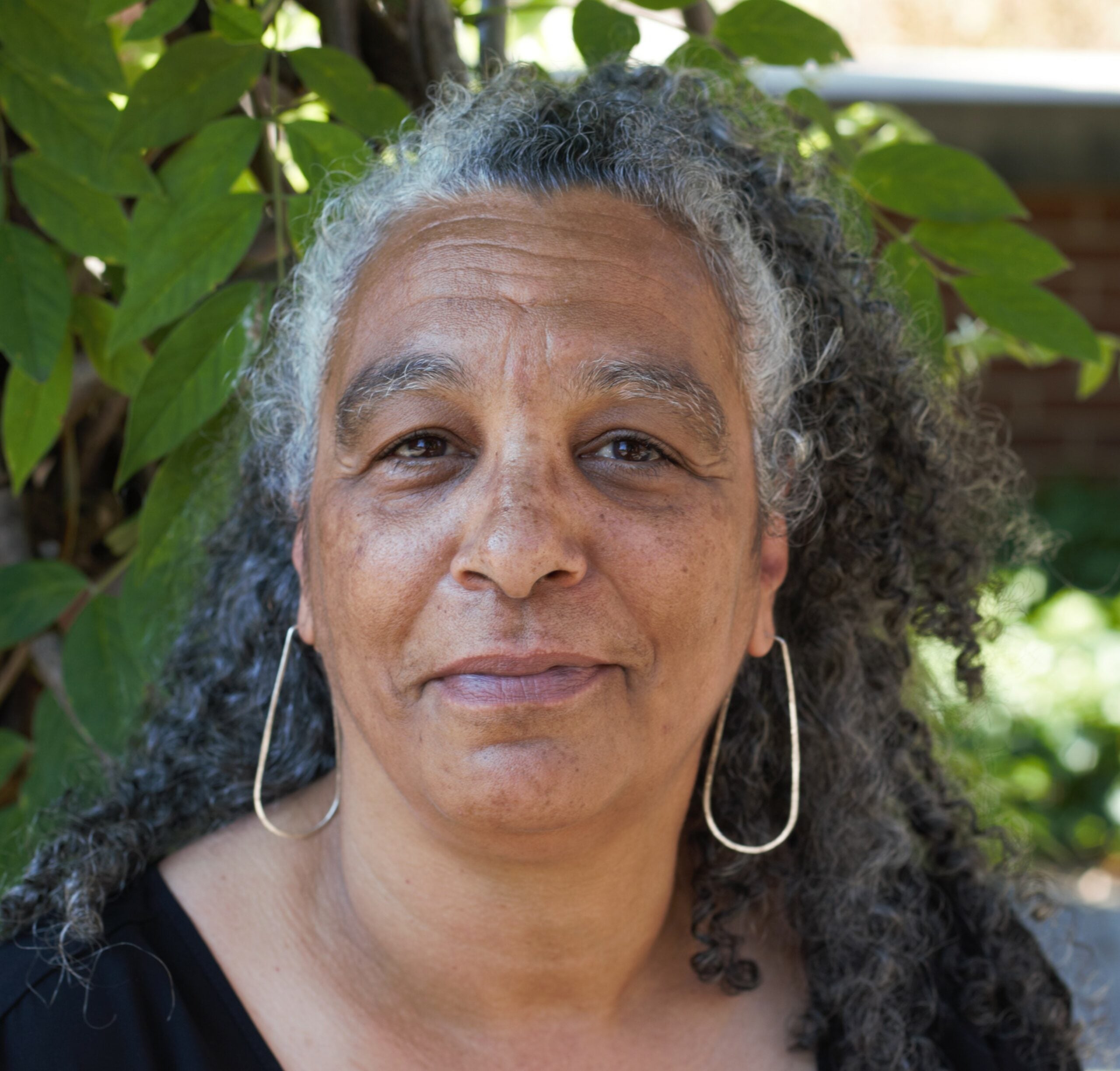To deliver on the overarching promise of demonstrably enhanced learning experiences, faculty who teach honors-designated courses are encouraged to challenge themselves through their pedagogy by devising their own uniquely creative approaches to teaching and within their inspirational mentorship of students. The Honors College wants to provide opportunities for our students, of course, but we also foster the professional development of faculty who serve the college by teaching courses that serve our students. The college is centered on achieving academic distinction. We know that teaching honors can enrich not only your life but also the lives of all students with whom you work—not just those encountered in honors-designated courses. We believe the Honors College serves as an “incubator” for pedagogical exploration and innovation that enhances the quality of educational experiences across the University. Our relationship with those who teach for us is an engaged, collaborative partnership for the common good.
The Honors College needs faculty to teach honors-designated, departmental courses (in your major, e.g., ANT201H) as well as honors courses (in the college, e.g., HON480) that together constitute required elements of the Honors Curriculum that our students must complete in order to graduate with University Honors through the Honors College. We do not have our own faculty. This fact helps inspire a community of collaboration and innovation across colleges and disciplines, which is basic to our mission.
Honors College Mission and Student Learning Outcomes
The Honors College at Marshall University’s mission is to provide an environment for innovative teaching and learning within an integrative curriculum motivated by creative, critical inquiry and respect for a multiplicity of thoughts, experiences, and identities. The Honors College collaborates with university and public partners to foster inclusive academic excellence in a diverse and supportive community of scholars dedicated to becoming socially conscious, responsible leaders and lifelong learners engaged in the acquisition and application of knowledge for a greater good.
All courses at Marshall University that are offered exclusively to students in the honors college, whether Honors-Designated Departmental Courses (-H) or courses housed in the Honors College (HON), should include a minimum of 3 of the following student learning outcomes (SLOs). The college will work with departments as part of our strategic plan to ensure that alignment with these SLOs is in place. To provide you detailed guidance on aligning your courses with our mission and learning outcomes, we have developed the Partnership for Excellence in Honors Education guide, offering comprehensive resources and insights.
- make connections while adapting and applying skills and learning among varied disciplines, domains of thinking, experiences, and situations.
- outline divergent solutions to a problem, develop and explore potentially controversial proposals, and synthesize ideas or expertise to generate original plans and approaches.
- evaluate the effectiveness of their own work, reflect on strengths and weakness of their knowledge and skills in defined areas, and devise ways to make improvements.
- produce cohesive oral, written, and visual communications capable of connecting effectively with specific audiences.
- appraise how cultural beliefs and practices affect inter-group communication, how specific approaches to global issues may affect communities differently, and how
varying economic, religious, social, or geographical interests can result in conflict. - demonstrate principles of ethical citizenship and socially responsible leadership through collaborative partnerships.
- evaluate how academic theories and public policy inform one another to support civic
well-being.
Honors-Designated Departmental Courses (-H)
Many departments at Marshall University offer honors-designated courses that are signified by the addition of an “H” to the course number such as “ANT 201H,” which is one of a number of such courses provided for students in good standing as members in the Honors College. These courses are designed, staffed, and scheduled by the departments that offer them. The H-designated, departmental courses serve students in the college well by meeting many General Education requirements. Such requirements include “Critical Thinking (Core I)” and “Social Science (Core II)” credits that a course such as ANT 201H fulfills. These courses also provide general honors credits beyond the core Honors Curriculum courses that include the seminars described below, for which the College continually seeks instructors from across the University to enrich the educational experience of our students.
Honors Seminars (HON)
We believe that it is important for faculty and their departments to know that all teaching credits, SCHs and FTEs, are credited to the faculty’s academic department and not to the Honors College. This has always been accepted practice and an agreement was formalized on 27 August 2019 with Academic Affairs and the Provost.
A new part of the restructured FYS program involves becoming a member of an FYS faculty, which includes bi-weekly participation in an FYS faculty learning community (FLC). The primary goal of the FLC is to develop and refine the new structure for FYS and to debrief with one another while teaching the course. FYS must rely upon pedagogically sound, empirically supported teaching practices. Through participation in the FLC, faculty develop expertise leading to proficiency as First Year Seminar Specialists. If you are interested in teaching FYS in the coming academic year and beyond, you are invited to apply. The Honors College coordinates with the Center for Teaching and Learning to staff FYS100H. You can learn more about the course and contact them, if interested in offering a section of this seminar.
- A review of prospective instructor credentials and experience is conducted by the college. Please reach out to us at honorscollege@marshall.edu with the subject “HON 200” to begin a conversation about your ideas and our expectations for this important, transitional course in our curriculum, which helps prepare students for later work in their course of study in the College and their major(s) as well as their future lives and careers.
- There is a thorough review of proposed seminars by the Honors College Curriculum and Policy Committee (HCCAP) at least one semester prior to the semester an approved seminar is offered. Below you’ll find links to the Honors Seminar (HON 480) online proposal/application submission forms and a guide for faculty to help think about their course as an seminar for the college and prepare their proposals. Due dates for HON 480 proposal/application submissions are published annually on the Honors College Curriculum and Policy Committee page. Generally, proposals/applications are due within the first three weeks of the Fall and Spring semesters for seminars that may be scheduled as early as the next regular academic year semester.
There are three different possibilities for HON 480 submissions: New, Repeat, and Updated
1. If you have not previously taught a proposed seminar for the college, you’ll be submitting a NEW Proposal. You may want to refer to the off-line form as an aid in preparation.
We request that you have a look at the Honors Seminar Design Guide intended, especially, for those faculty new to teaching for the college or possibly new to Marshall as well. There are links to several sources of information here at Marshall (such as the university’s syllabus template) that could be very helpful.
2. If you have already been teaching a particular seminar for the Honors College that has not “timed out,” as suggested in item three below, you may submit a REPEAT Application, which is shorter than a proposal for a new or updated seminar. You may refer to an off-line form as aid in preparation.
REPEAT SEMINAR APPLICATION
3. If you have been teaching a particular seminar for the college that has “timed out” and you want to propose to teach this seminar again, you’ll need to submit an UPDATED Proposal. This is the same form used for new proposals. Faculty are asked to indicate that they are submitting a proposal for a significantly reworked seminar. There is a check box at the top of the form for this purpose. Updated proposals, as per the Honors College Policy Handbook, are required of faculty after teaching an approved honors seminar 3 times or after 3 years (beginning with the semester of first offering), whichever comes first. It is also possible that faculty may want to substantially rework a seminar before the seminar would time out and could go this route to receive committee feedback and approval.
UPDATED SEMINAR PROPOSAL
If you are applying with the intent to be considered for an as yet undefined semester and will not be pursuing approval at this time, no problem. We can review your proposal, provide feedback, and work with you and your department to determine when you might offer the seminar. Simply use the Yes/No slider on the New Seminar Proposal link above where the approval upload is located in the application to indicate “Yes” to the query that you are “Applying to be considered in the future.” You will not need to provide approval at the time of your submission. If you’d just like to discuss some ideas with us, let’s start a conversation: honorscollege@marshall.edu.
General Education Designations for Honors Seminars
To learn about how to add General Education designations of Writing Intensive (WI) and/or Multicultural (MC) and International (INTL), please refer to the General Education Designations page. Having at least some of our Honors Seminars carry these General Education designations can be very helpful to our students (who must complete a 24-credit Honors Curriculum) and can, particularly with Writing Intensive designations, help enrollment numbers for some courses.
Honors Experiential Learning
While there is much to learn in the context of the traditional classroom, we believe that opportunities to learn while doing meaningful things outside it can enhance creative and critical inquiry and elevate respect for others. Through experiential learning, students find ways to connect and apply their formal education to real world conditions in the communities of which they are a part.
Curricular Experiential Learning
We have two developed programs that can broaden horizons and enrich an honors student’s education through our amazing study abroad programs. Whether it’s attending summer courses in England at University of Oxford as a Yeager Scholar or exploring the rich history and culture of Ireland through our partnership with Dundalk Institute of Technology, these experiences offer unparalleled opportunities for personal and academic growth. We tell our students to embrace the chance to become a global citizen, gain new perspectives, and make unforgettable memories. We want them to discover how studying abroad can transform their academic journey and prepare them for a successful future in our interconnected world. Discover more about honors Study Abroad. We are always interested in talking with faculty about how they can support these programs and about additional ways to provide such opportunities for students.
Co-Curricular Experiential Learning
We also encourage faculty to consider working with us to develop co-curricular experiential learning opportunities that might include developing speaker series, works in progress series, fieldtrips, and programming for the Honors House residential halls. Many things are possible. Let us know what you have in mind.
Check out our Experiential Learning Opportunities and Initiatives

My Honors seminar was a professor’s dream: an opportunity to focus on a subject area of great interest to me with a classroom full of students also enthusiastic about reading, writing, and discussing [the seminar themes of] kinship, community, and belonging. Honors students are consistently prepared, willing to challenge themselves and their classmates to succeed, and committed to building a collaborative learning environment.

I love sharing my passion for social movements with students. I have two very proud moments teaching in Honors. First was when, after only two students had heard about the Freedom Riders, a student came to class one day after visiting family in the coalfields and told me proudly that he had taught his grandparents about the Freedom Riders and that they had a wonderful conversation about the movement. The second came when a self-described conservative student told me that he was worried that his voice would not be heard, but ultimately felt very seen, heard and valued.

The opportunity to teach innovative subject matter in fresh and challenging ways makes the Honors College an outstanding opportunity for faculty, and most of all, significantly important for students. I always feel appreciated and valued by the staff, administrators, and most particularly, the students within the Honors College. I highly recommend applying to teach for this necessary and valuable part of our university.